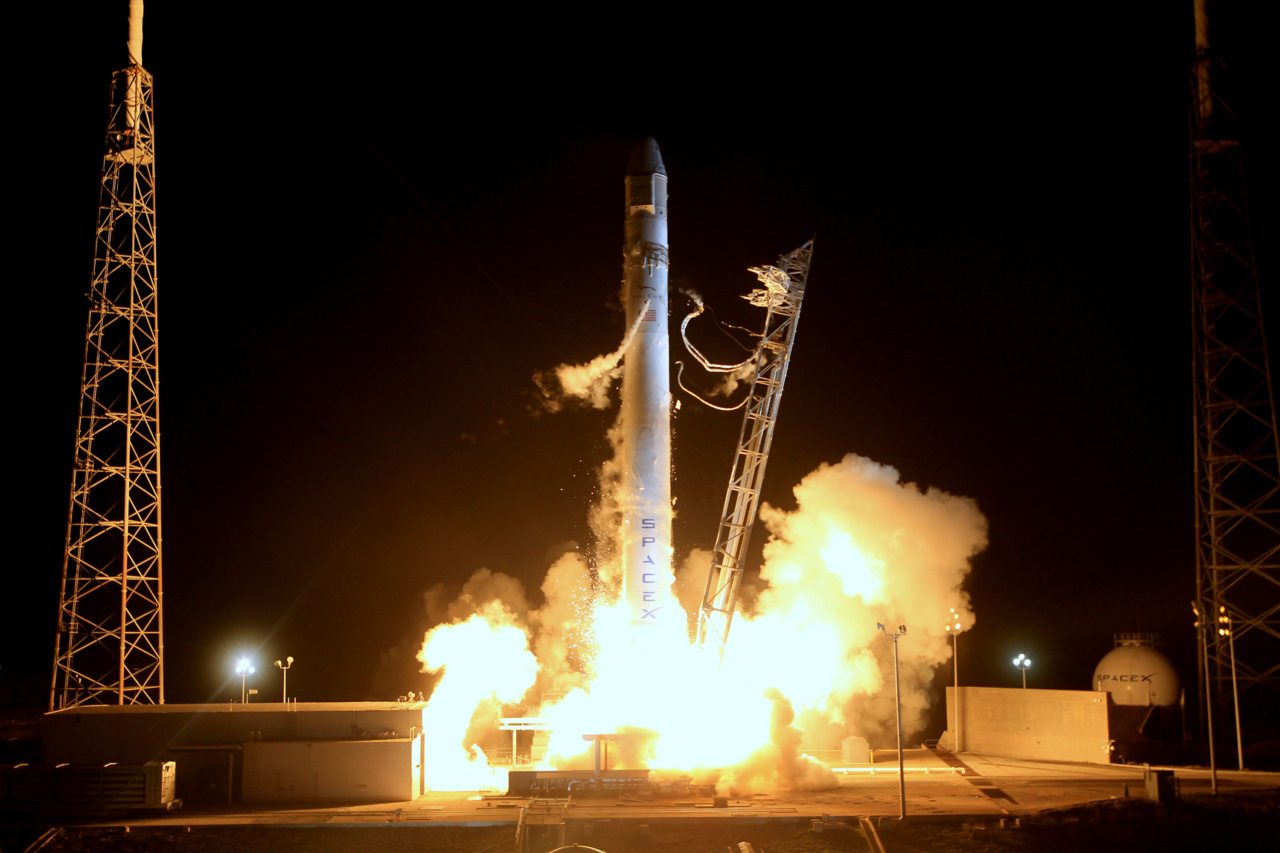Energy drinks have become increasingly popular in recent years, especially among young adults and teenagers. With their promises of increased energy, improved focus, and enhanced athletic performance, these beverages have gained a significant following.
However, as their popularity continues to grow, concerns about their impact on health, particularly on the cardiovascular system, have also emerged. In this article, we will explore the potential effects of energy drinks on the cardiovascular system and delve into the scientific research surrounding this topic.
What Are Energy Drinks?
Energy drinks are beverages that typically contain high levels of caffeine, sugar or artificial sweeteners, and various other stimulants such as taurine and guarana.
They are marketed as a way to enhance mental alertness, increase physical endurance, and combat fatigue. Some of the most well-known energy drinks include Red Bull, Monster, and Rockstar.
The Cardiac Effects of Energy Drinks
One of the main concerns regarding energy drinks is their potential impact on the cardiovascular system. Caffeine, the primary active ingredient in these beverages, is a known stimulant that can temporarily increase heart rate and blood pressure.
While this effect may be relatively mild in individuals without pre-existing cardiovascular conditions, it may pose a more significant risk to those with underlying heart problems.
A study conducted by the American Heart Association found that consuming energy drinks led to a significant increase in both systolic and diastolic blood pressure in young, healthy individuals.
In addition, it was observed that these effects were more pronounced when combined with exercise or stress. The study also noted that the increase in blood pressure persisted for up to six hours after consuming an energy drink.
The Role of Caffeine
In addition to their effects on blood pressure, energy drinks can also have other cardiac effects due to their high caffeine content.
Caffeine, a xanthine derivative, acts as a central nervous system stimulant and blocks the adenosine receptors in the brain, which are responsible for promoting relaxation and sleep.
When consumed in large quantities, caffeine can cause tachycardia (rapid heart rate) and arrhythmias (abnormal heart rhythms).
These effects can be especially problematic for individuals with underlying heart conditions, as well as those who are more sensitive to the effects of caffeine. It is worth noting that different energy drinks may contain varying levels of caffeine, ranging from 80 to 500 milligrams per serving.
Interactions with Other Ingredients
Aside from caffeine, energy drinks often contain other ingredients that may interact with the cardiovascular system.
For instance, taurine, an amino acid commonly found in these beverages, has been associated with increased heart rate and blood pressure. While the exact mechanism is not fully understood, it is believed that taurine may enhance the effects of caffeine, leading to more pronounced cardiovascular effects.
In addition to taurine, energy drinks often contain high levels of sugar or artificial sweeteners. Excessive consumption of sugar can contribute to weight gain, obesity, and an increased risk of developing cardiovascular diseases.
Artificial sweeteners, on the other hand, have been linked to metabolic disturbances and negative effects on the cardiovascular system.
The Impact on Exercise Performance
Many individuals turn to energy drinks as a way to enhance their exercise performance.
While the caffeine in these beverages can provide a temporary boost, there is limited evidence to suggest that energy drinks have significant advantages over other sources of caffeine, such as coffee or tea. In fact, excessive consumption of energy drinks before or during exercise may lead to dehydration, electrolyte imbalances, and increased cardiovascular strain.
Long-Term Health Effects
The long-term effects of energy drink consumption on the cardiovascular system are still not fully understood. However, it is clear that excessive and regular consumption of these beverages can have detrimental effects on heart health.
Studies have shown associations between energy drink consumption and an increased risk of developing hypertension, heart palpitations, and even more severe cardiac events such as heart attacks and sudden cardiac death.
Conclusion
Energy drinks have gained immense popularity in recent years, but their impact on the cardiovascular system cannot be ignored.
The combination of high caffeine content, other stimulants, and sweeteners present in these beverages can have significant effects on heart rate, blood pressure, and overall cardiovascular health. While occasional consumption in moderation may not pose substantial risks, excessive and habitual intake of energy drinks should be approached with caution.
It is always advisable to opt for healthier alternatives and consult with a healthcare professional if you have pre-existing cardiovascular conditions or concerns.






























